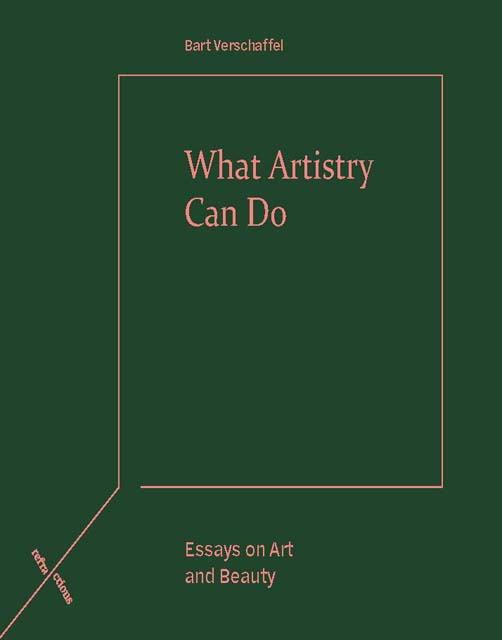8 - Being an Artist Is an Art in Itself: On the ‘First Work’ and the Notion of ‘Oeuvre’
Published online by Cambridge University Press: 18 November 2022
Summary
It seems unlikely that a society would be able to free itself completely from myth.
(Il paraît improbable qu’une société puisse s’affranchir complètement du mythe.)
Mircea EliadeWithin the romantic myth of art, the artwork is presented as something that is not made with (and cannot be understood by) known, generally available means and methods. What is finished and perfect appears as if coming out of nowhere. Nietzsche writes: ‘The perfect shall not have become.’ This is so because everything whose origin we know and whose making we understand ipso facto seems ‘normal’. It does not come as a surprise; it cannot amaze. When one knows how something came about ‘one will be a little bit off ‘. As Nietzsche further states: ‘The accomplished art of representation rejects the idea of becoming; it tyrannises as instant perfection.’ But understanding and explaining how things come into being is precisely the aim of the sciences. And the study of the arts, accordingly, is about understanding how a work of art was created. It seeks to elucidate (so as to normalise) and unmask the myth of inspiration and genius. Insiders know that the whole trope of ‘inspiration’ is indeed a fabrication; they know well that the artistic imagination produces as many mediocre and bad ideas as good ones, and that in reality everything depends on the craftsmanship and critical sense of the artist, who chooses raw materials, selects and deletes, arranges and so on. But artists benefit from the widely held notion that an artwork ‘falls from heaven’. Aside perhaps from a few good-looking references made publicly, artists do not allow viewers behind the scenes of their work and take special care to conceal its real origins.
It is always after the fact that a work turns out to be an artist's ‘first work’, and thus, a beginning. Beginnings are always significant: the first of a series, an opening sentence, the first time. A beginning is indeed seen as the origin, the source of everything that follows, the seed (germ, embryo, etc.) out of which everything has grown. The beginning is – in hindsight – the clue to reading what comes afterwards, and the basis on which everything could have been predicted. Every beginning is the manifestation of an exceptional, unusual force. Gods and ghosts alike watch over beginnings. To tell a beginning is therefore always to retell an old story; it is a myth.
- Type
- Chapter
- Information
- What Artistry Can DoEssays on Art and Beauty, pp. 103 - 115Publisher: Edinburgh University PressPrint publication year: 2022



